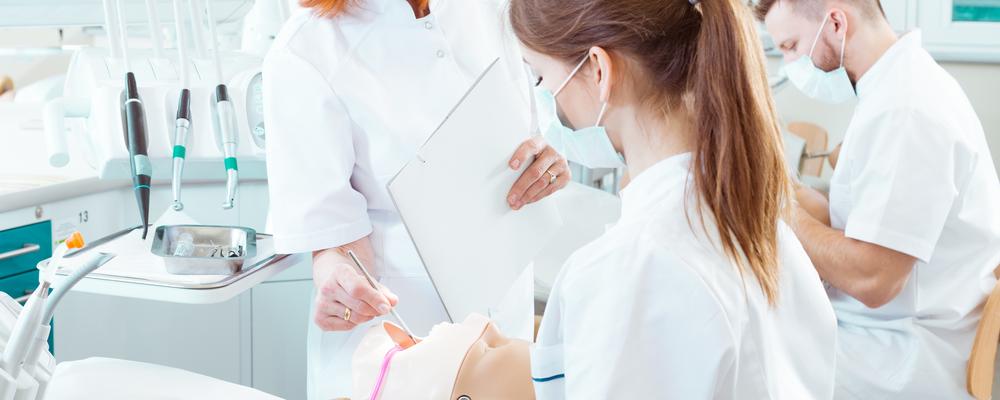
Studio 1 - Knowledge in Transformation: Instruction, Interaction and Materiality
Studio 1 addresses issues pertaining to knowledge in transformation, particularly in relation to technological advancements in various professional domains. Empirical studies are conducted in university-based professional education as well as technology intense work settings.
Three key-concepts form the basis of the research agenda: Instruction, Interaction and Materiality.
- Instruction puts an analytical focus on the ways in which people at work and in educational settings make actions and objects intelligible to each other; for instance, how they develop shared criteria for professional judgments or achieve common understandings of a subject matter.
- Interaction specifies an interest in how instructions and instructed actions are accomplished in moment-to-moment interaction. By video-recording interaction, it becomes possible to capture and analyse detailed aspects of how people deal with problems of critical concern for professional conduct.
- Materiality refers to an interest in the ways interaction and the transformation of knowledge are bound up with artefacts, objects and other constituents of the material surroundings: for instance, with novel digital tools for diagnosing diseases or with ways of visualizing procedures in dental education. Embodied aspects of the ways participants handle these technologies are also accorded a central analytic place.
The research in Studio 1 relies on inter-disciplinary collaboration between the social sciences and other disciplines, at this point in architecture, radiology, radiation physics, endodontics, health sciences, and shipping and marine technology. The studies take a starting point in issues identified by the disciplines of specific professions, and use video recordings as a basis for analytical observations. The studies aim to produce results of relevance for the social sciences as well as the other participating disciplines. A further aim is to contribute in the development of work practice and in the design of education for the professions.